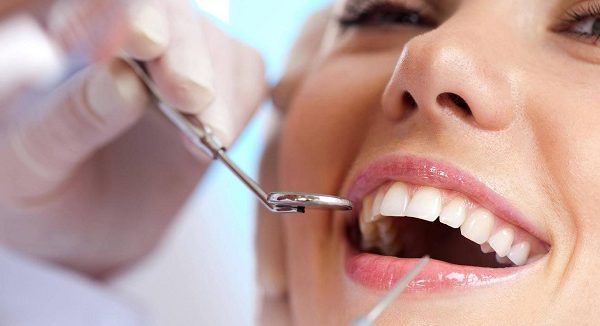27
Dec

Taking care of your dental health is teamwork. You and your dental health professional are together in this, and you should both do your part. Your part is quite simple – brush and floss and don’t forget the tongue. Having proper oral hygiene can improve your overall well-being, and, vice versa – bad oral health may result in complications in your general health. The professional care services, on the other hand, are numerous, and their gravity depends on how often you do your dental check-ups. The most basic, yet pivotal dental service is professional cleaning. Here are some reasons why this is important and why it should be done regularly.
First and foremost, by doing regular cleaning sessions at your dentist’s office you will get a brighter, whiter smile because the professional will remove most of the stains that discolour your teeth. Additionally, by having your teeth cleaned, you can prevent tooth decay and gum diseases, which, if left untreated, can lead to tooth decay sooner than expected. It is important to know that even oral cancer is a possible complication if you neglect your oral health. A simple dental service like professional cleaning (done once in a while) can prevent and stop diseases that can damage your general health, provide fresh breath and, consequently, increase your self-esteem. Tooth decay and gum disease can lead to tooth damage which can be quite visible thus impact your confidence and make you feel insecure about your appearance. Finally, regular cleaning can prevent future toothaches as the procedure itself can lead to early diagnose.
As you can see, regular check-ups can help the dentist foresee any possible issues and treat the ones that are already present. So, how often is enough? Well, it mostly depends on your current oral hygiene and state. If you take good and proper care, you may need to do a check-up only once a year. If you are uncertain about your dental-related habits, you can do checkups once every six months, and try to develop a healthy oral discipline. By being regular at your dentist’s office, you will additionally avoid more serious treatments, and in that way, you will almost always leave the office without any trauma or pain. Furthermore, by doing so you will avoid the expenses that come with more complex procedures – a simple and inexpensive cavity left unchecked and untreated can grow, requiring a costly root canal or cap later on.